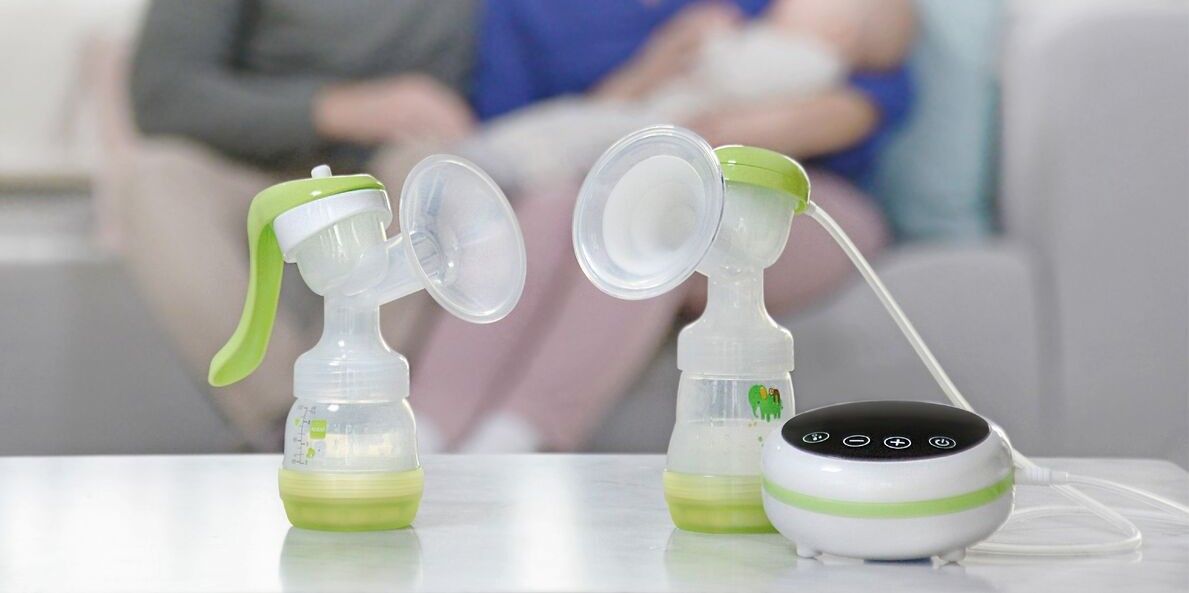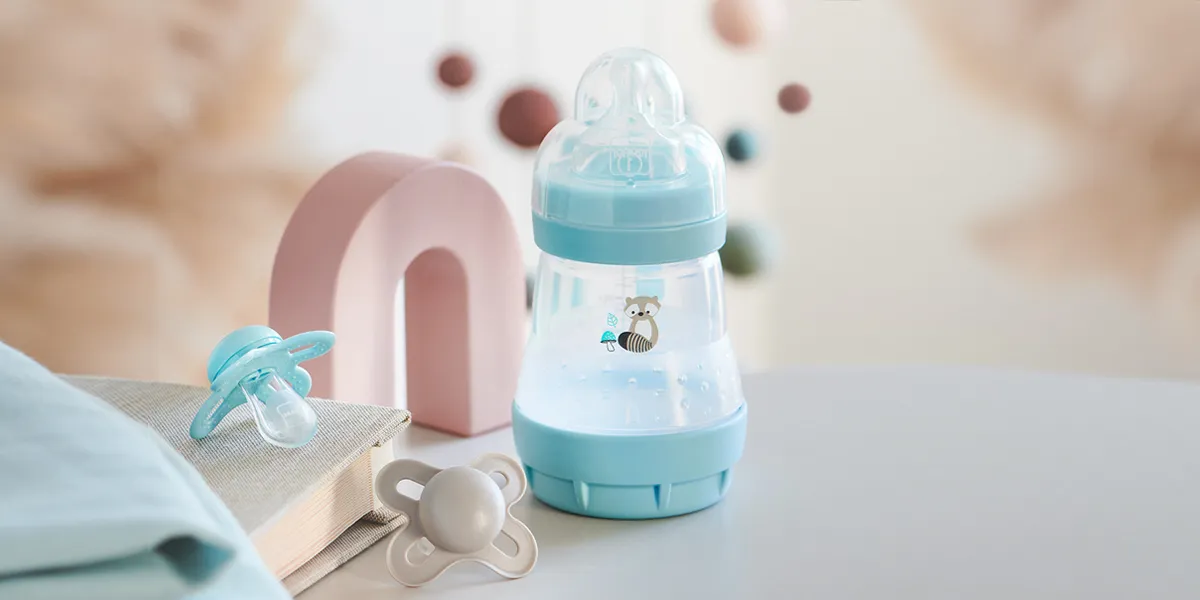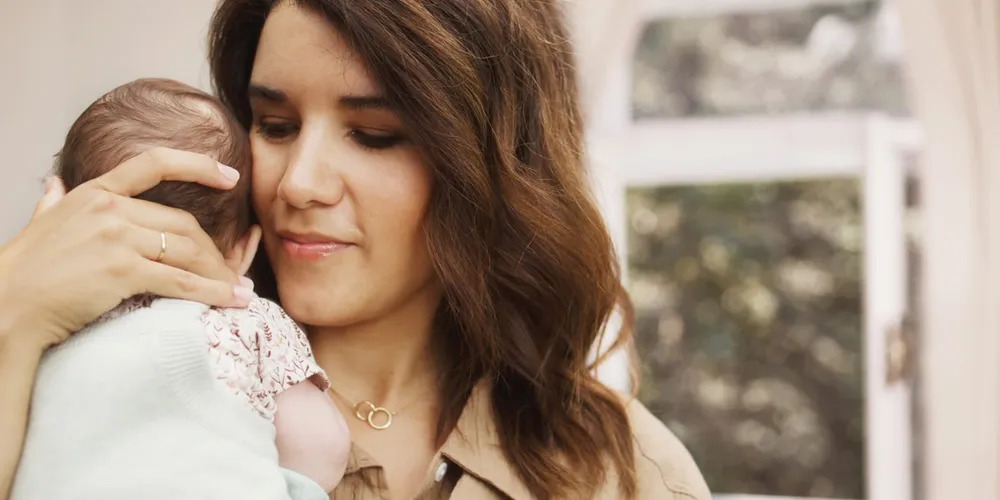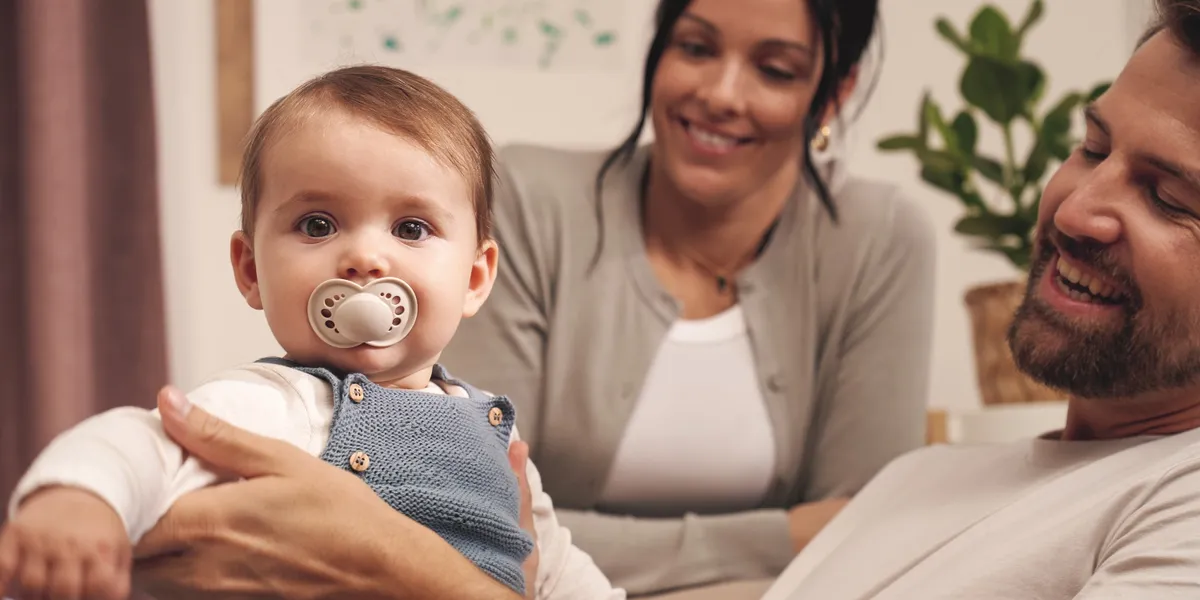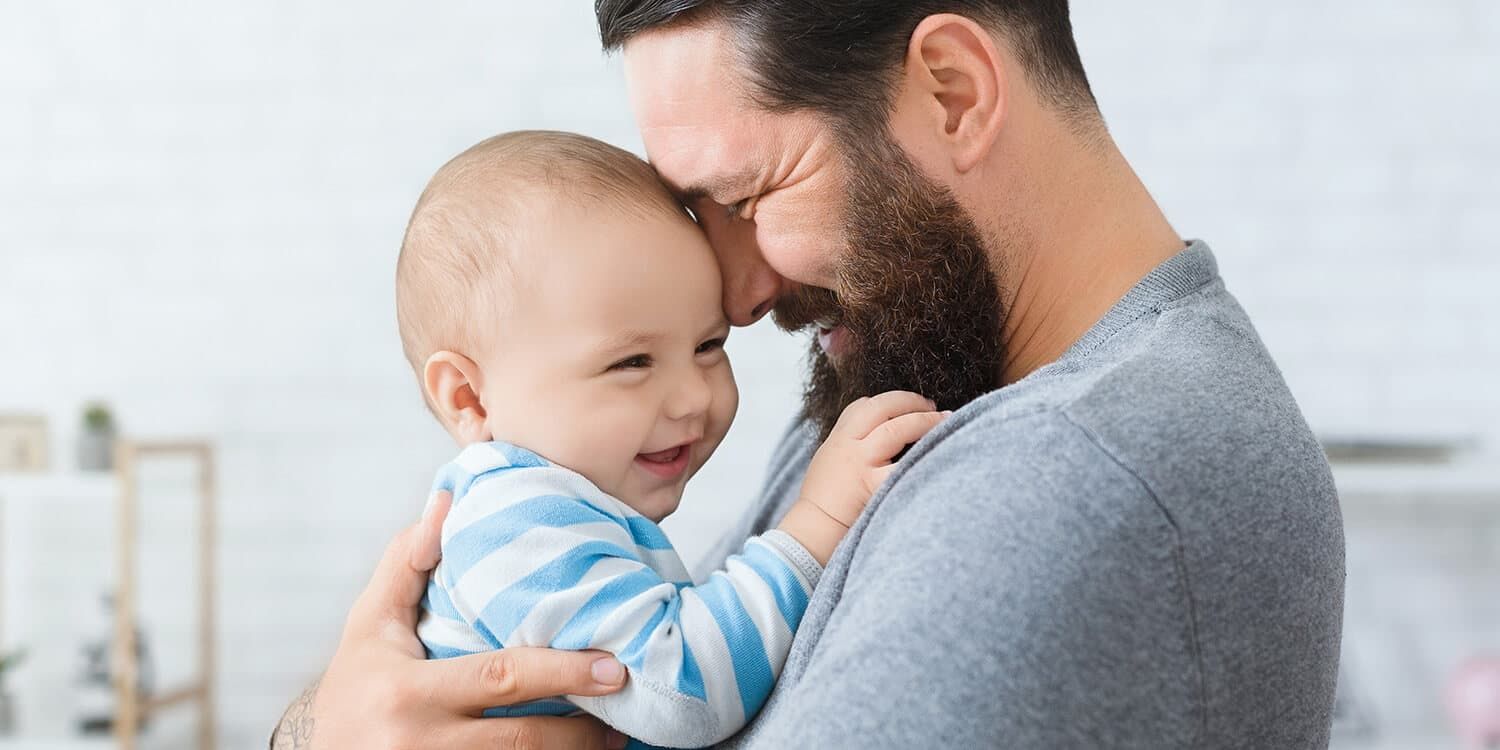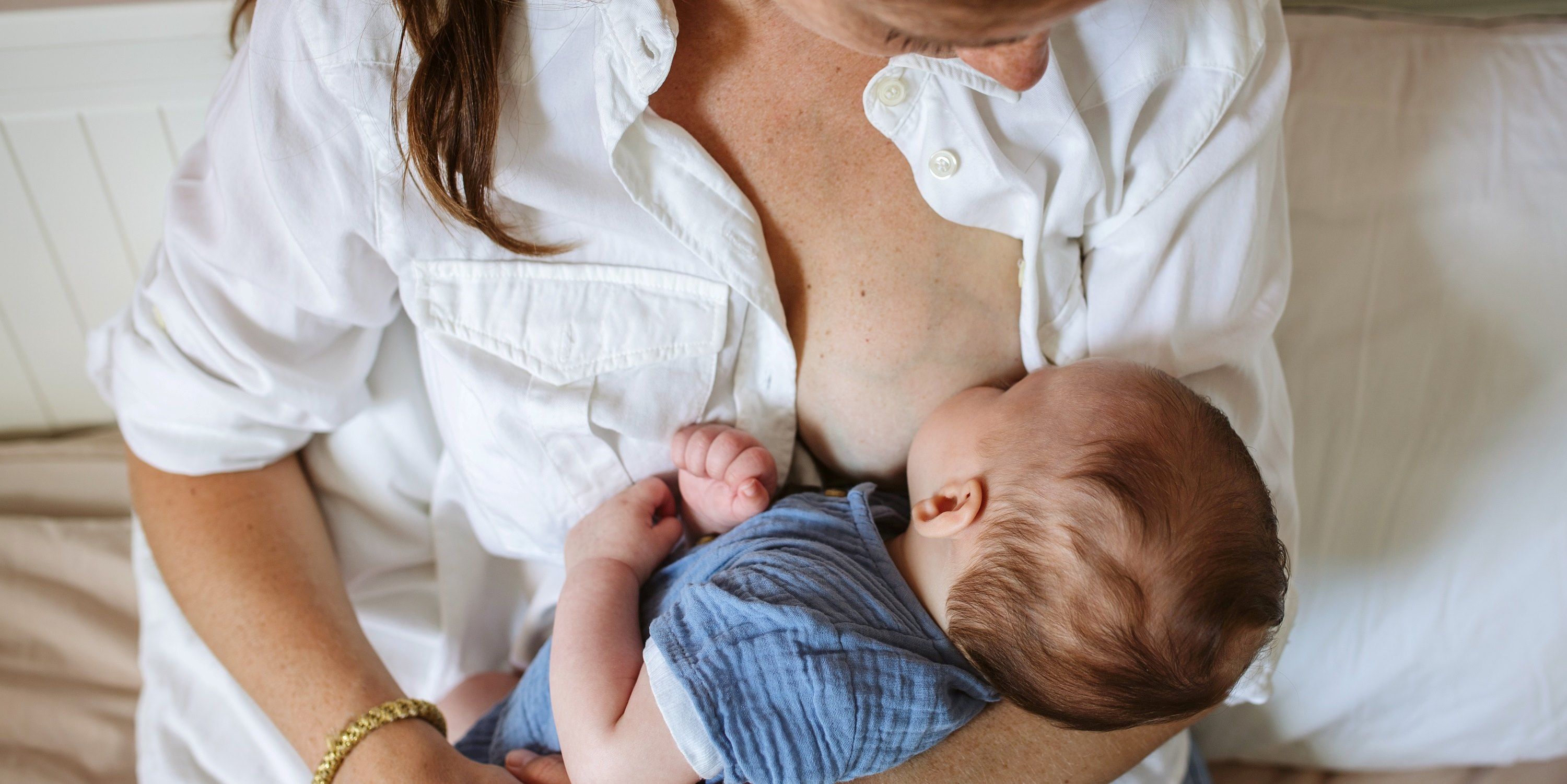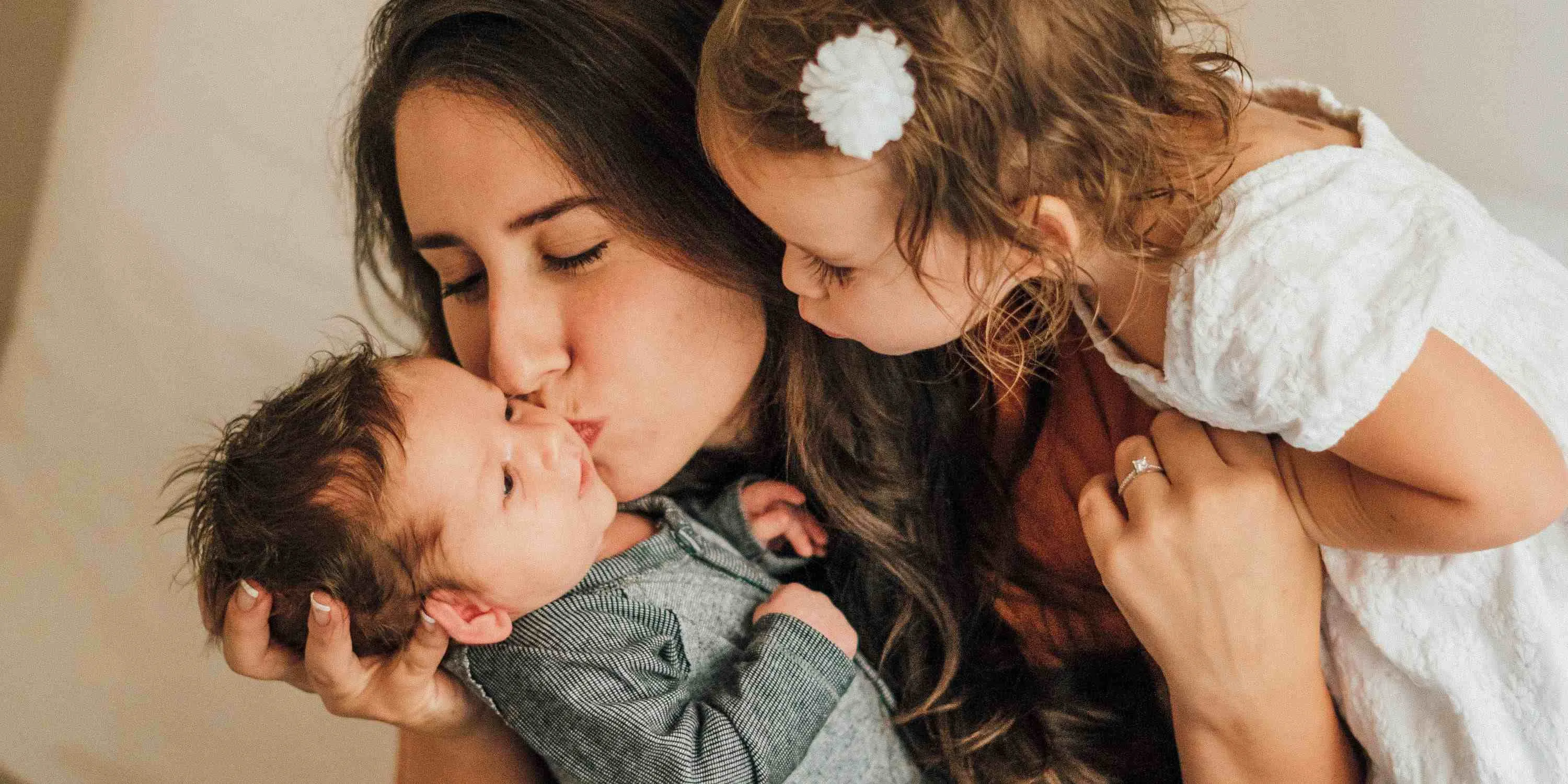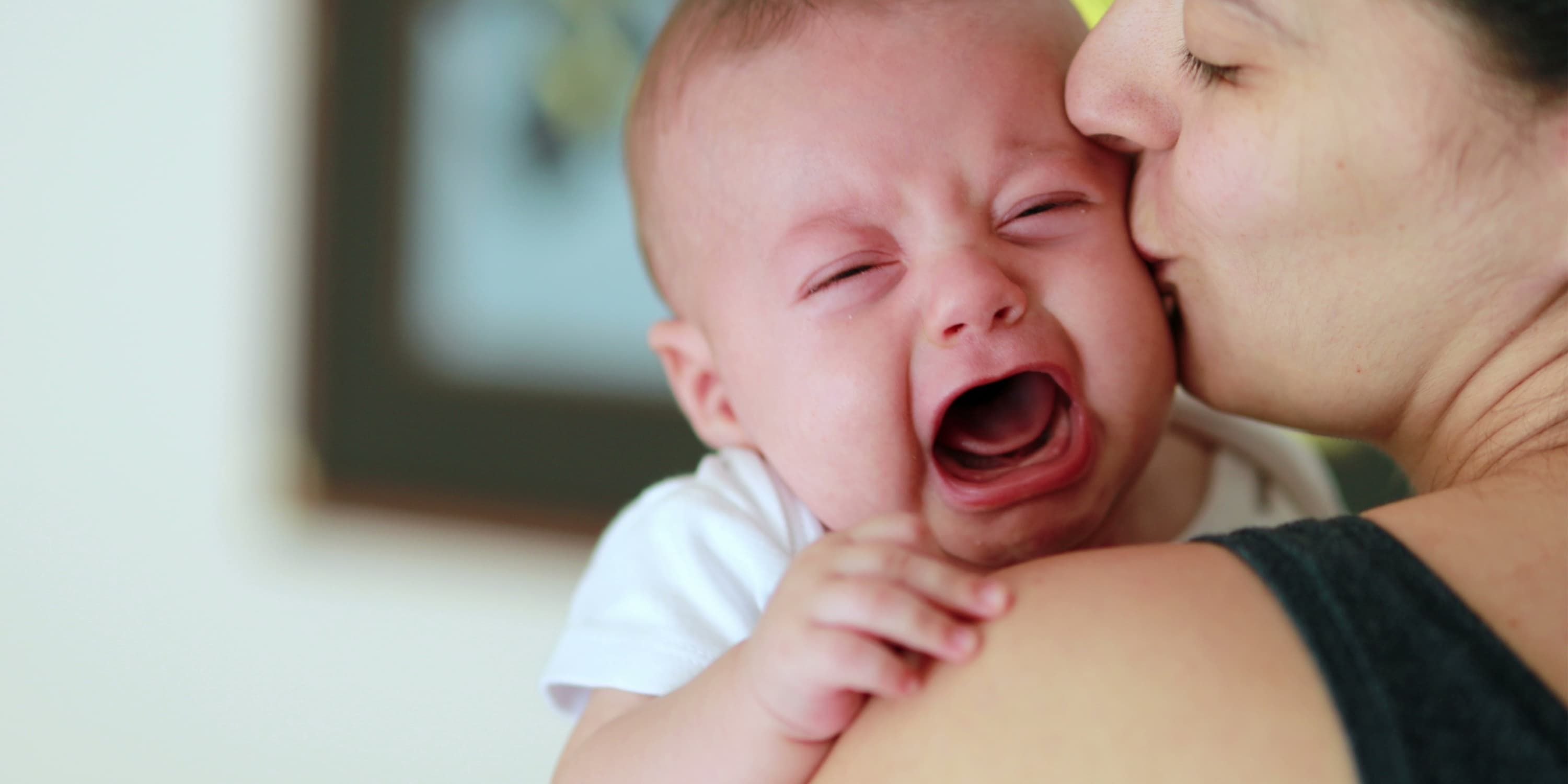"Bonding" usually refers to the unique bond between a parent and child. The special bond that unites the two has long been the subject of extensive research and is a highly complex subject that interests many parents: is it possible to encourage bonding? Are there things that affect it? Mothers who have had a cesarean section in particular sometimes wonder how they can promote bonding. Find out more here.
Why is bonding so important?
Newborns are very vulnerable and are unable to survive on their own. A good relationship with the parents is essential for the baby's survival. But it is even more than that: the first bond that the child experiences shapes its entire life and all future relationships. If this basic trust is strengthened by love and care, it is the best foundation for becoming a strong, self-confident, affectionate person.
The best conditions for successful baby bonding
The ideal situation is a birth without complications, after which the newborn lies on the mother's bare breast. This gives them both time to get to know each other in peace, to feel, hear, and caress each other. Maybe the baby suckles at the breast for the first time.
Catching up on bonding
- Spend a lot of time with direct skin contact between you and your baby and catch up on a perfect start in this way. This can be highly beneficial for both of you after an unplanned cesarean section, for example.
- Slings and other carrying aids, where the baby lies close to the body, also help to strengthen the bond.
- Sleeping in the parents' room also provides additional security. To reduce the risk of sudden infant death syndrome (SIDS) ensure a safe environment, for example with a co-sleeper bed and by laying baby on its back. You can find more about this here.

Must my baby be with me all the time?
No. A secure relationship is established when your baby feels that its needs are being met. It does not have to be in constant physical contact with its caregiver.
What helps with baby bonding:
- Cuddling with direct skin contact; Important: newborns cool down very quickly, so it is essential to use a blanket and, depending on the season and room temperature, leave the baby's socks and hat on
- Carrying in your arms, in a sling or in a good carry system
- Bathing together
- Being sensitive to the needs of your baby
- Caressing and looking at your baby while breastfeeding or bottle feeding
How fathers can promote the relationship with their baby
- Physical closeness: immediately after the birth, the mother naturally has priority, perhaps to try breastfeeding for the first time. However, after this there is nothing wrong with cuddling closely as a trio, or dad and baby cuddling each other. Ideally, the newborn baby wears only a diaper and the father's chest is bear.
- Attending doctor's appointments/check-ups: those who know more can do more and have more confidence in themselves. This creates confidence when dealing with the baby. It is therefore worthwhile going along to the regular check-ups.
- Making use of your statutory rights: depending on where you live, there may be different options such as parental leave or paternity leave – if the father has the opportunity to spend time uninterrupted with the baby at home due to statutory rights or company arrangements, he should take advantage of this.
Photos: Shutterstock
Sources: https://www.researchgate.net/profile/Michael_Lamb/publication/16064906_Early_Contact_and_Mother-Infant_Bonding_One_Decade_Later/links/0deec5242d4ee32e38000000/Early-Contact-and-Mother-Infant-Bonding-One-Decade-Later.pdf















